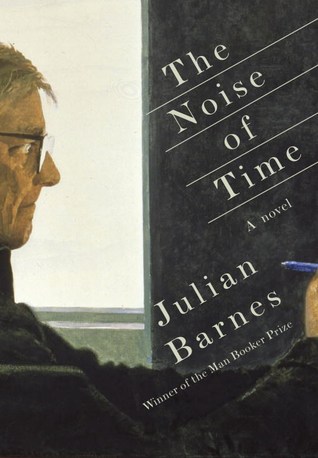More on this book
Community
Kindle Notes & Highlights
He had replied that his father “was an entirely normal human being.” This was not a patronising phrase: it was an enviable skill to be a normal human being, and to wake up every morning with a smile on your face. Also,
He loved Tanya most clearly when he was away from her. When they were together, there were expectations on both sides which he was either unable to identify or couldn’t respond to.
But one of life’s many disappointments was that it was never a novel, not by Maupassant or anyone else. Well, perhaps a short satirical tale by Gogol.
understood that to be Russian was to be pessimistic.
He had also written that, however much you scrubbed a Russian, he would always remain a Russian. That was what Karlo-Marlo and their descendants had never understood. They wanted to be engineers of human souls; but Russians, for all their faults, were not machines. So it was not really engineering they were up to, but scrubbing. Scrub, scrub, scrub, let’s wash away all this old Russianness and paint a shiny new Sovietness on top. But it never worked—the paint began to flake off almost as soon as it was applied. To be Russian was to be pessimistic; to be Soviet was to be optimistic. That was
...more
One of the few places where optimism and pessimism could happily coexist—indeed, where the presence of both is necessary for survival—was family life.
The natural progression of human life is from optimism to pessimism; and a sense of irony helps temper pessimism, helps produce balance, harmony.
Sarcasm was dangerous to its user, identifiable as the language of the wrecker and the saboteur. But irony—perhaps, sometimes, so he hoped—might enable you to preserve what you valued, even as the noise of time became loud enough to knock out windowpanes.
what happened to human illusions was that they crumbled, they withered away. It was a long and wearisome process, like a toothache reaching far into the soul. But you can pull out a tooth and it will be gone. Illusions, however, even when dead, continue to rot and stink within us. We cannot escape their taste and smell. We carry them around with us all the time.
Proletarian purity was as important to the Soviets as Aryan purity was to the Nazis.
Art is the whisper of history, heard above the noise of time. Art does not exist for art’s sake: it exists for people’s sake.
Machiavelli said that you should never trust an exile.
The work’s thunderous banality had ensured its immediate success.
What could be put up against the noise of time? Only that music which is inside ourselves—the music of our being—which is transformed by some into real music. Which, over the decades, if it is strong and true and pure enough to drown out the noise of time, is transformed into the whisper of history.
Picasso had spent a lifetime painting his shit and hailing Soviet power. Yet God forbid that any poor little artist suffering under Soviet power should try to paint like Picasso.
It was his belief that if we thought about death earlier in our lives, we would make fewer mistakes.
He had put Margarita in an impossible position. In his loneliness, he had panicked. Well,
Perhaps this was one of the tragedies life plots for us: it is our destiny to become in old age what in youth we would have most despised.


